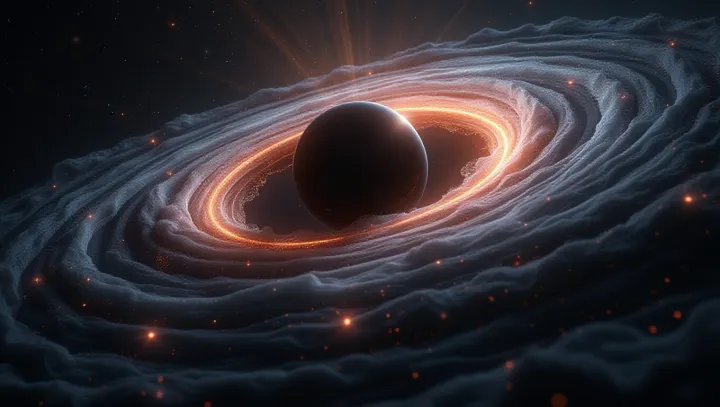The Enigma of Black Holes

In the heart of the universe, black holes continue to captivate astronomers and physicists alike. A black hole, a region in space where gravity is so strong that nothing, not even light, can escape, represents a fundamental question in understanding our universe. When an object enters a black hole, it is said to reach the 'event horizon,' a point of no return.
Ahead lies the unknown—a singularity where density is infinite, and the laws of physics as we know them collapse. This transformation remains one of the most profound enigmas in modern science. Recent research at the Stockholm Observatory explores the concept of black hole bounces, challenging traditional notions and suggesting that objects could hypothetically emerge elsewhere in the cosmos.
This perspective opens a riveting dialogue involving wormholes and alternate dimensions. Dr. Amir Kepler, a leading physicist, states, 'Black holes are not just cosmic vacuum cleaners.
They may hold secrets to the structure of space-time itself.' His research offers fresh insights and confirms the need for deeper investigation utilizing space telescopes and gravitational wave detectors. As debates continue, black holes symbolize both a boundary and opportunity in astrophysical research. Understanding their complexity may not only redefine the fundamental principles of physics but also illuminate the mysteries of the universe and our place within it.
